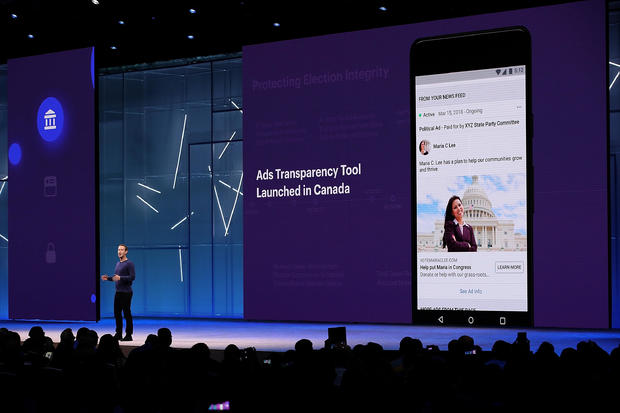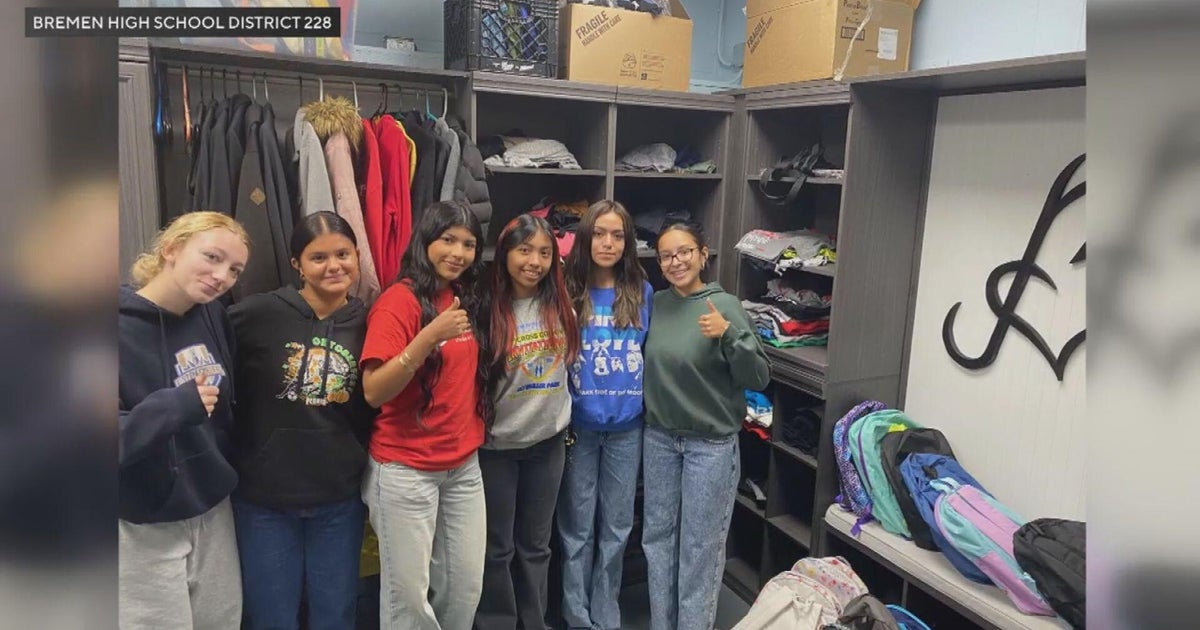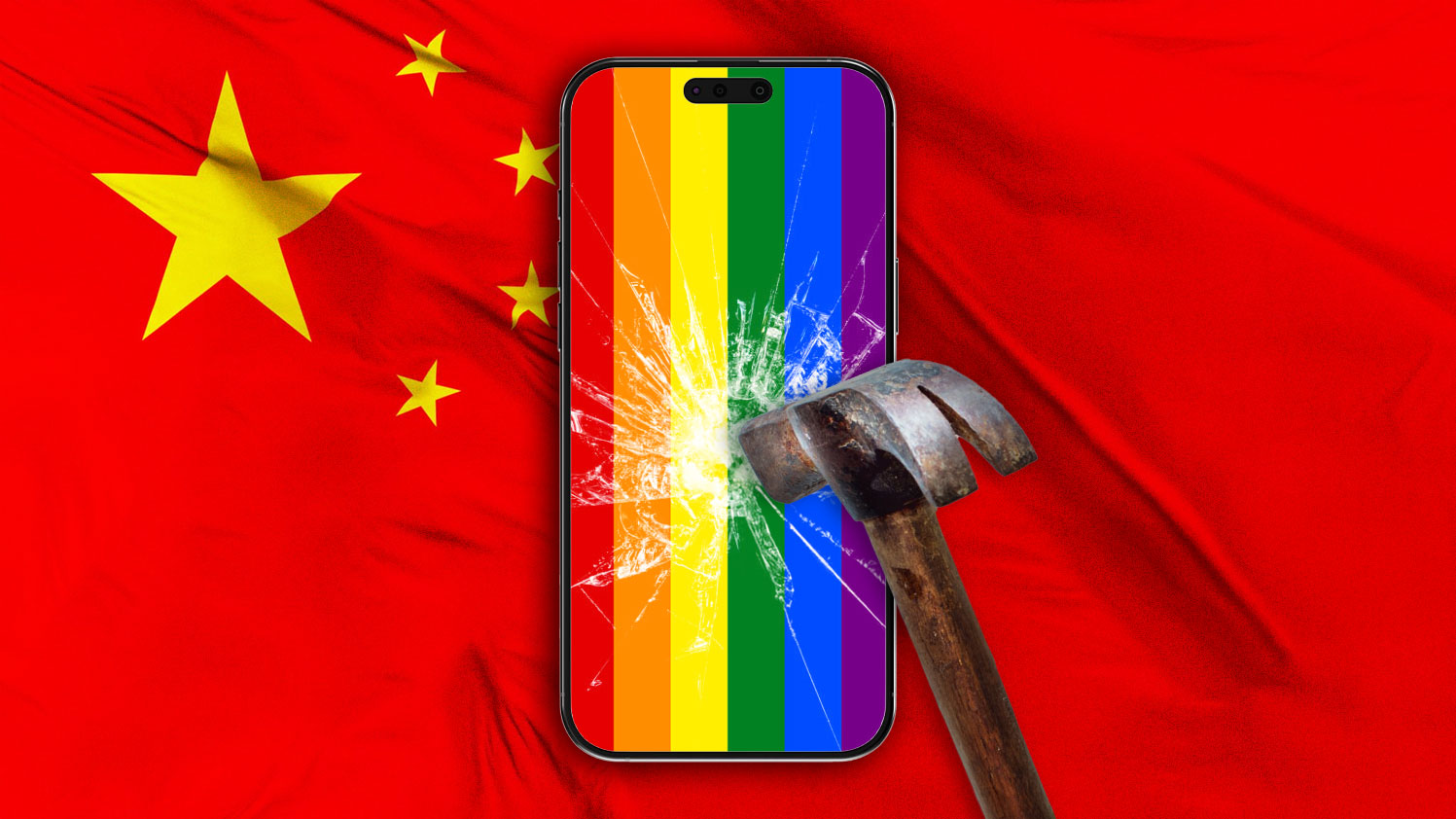Facebook F8: All the news from the developer conference - as it happened
Facebook's two-day developer conference, called F8, is usually an opportunity for the company to showcase new features and engender some goodwill.
This year is the first time CEO Mark Zuckerberg is addressing the public after his two days of testimony to Congress last month, an appearance that legislators demanded after revelations that up to 87 million users may have had their personal data revealed through the network.
Zuckerberg's address kicked off at 1 p.m. ET.
Read Facebook F8 live blog updates as they happened below (all times ET):
Downvoting
1:45 p.m: Facebook will let users "downvote" posts, a feature that some users have been requesting for years.
The feature will "improve the quality of public conversation," said product head Chris Cox.
This brings Facebook more in line with competitors like social media site Reddit, where the most-liked comments often rise to the top.
New headset
1:35 p.m: Facebook is introducing a new headset called the Oculus Go. At $199, it promises to be one of the more affordable virtual reality headsets.
Oculus Go is different from other virtual reality devices because it does not require smartphones or a cord tethered to a personal computer to show three-dimensional videos.
The need for additional equipment is one of the reasons virtual reality, or VR, has had limited appeal so far.
Zuckerberg is counting on the Oculus Go to widen the audience for VR, as Facebook tries to deploy the technology to reshape the way people interact and experience life, much as its social network already has done.
Everyone at F8 will get a free Oculus Go, Zuckerberg said, prompting cheers from the audience.
Instagram launches video chat
1:28 p.m: Instagram will roll out a video chat feature, Zuckerberg said. WhatsApp, the messaging app owned by Facebook, will also introduce a group video chat.
Many Instagram users already use live video to hang out, he said. The new feature is an extension of that.
Facebook: Dating service announced
1:26 p.m: Facebook will roll out a series of features around dating, Zuckerberg announced.
He gave few details, but said the service will be completely optional, not viewable to users' friends, and will only suggest partners who are outside someone's friend group.
"This will be focused on long-term relationships, not just hookups," he said, to audience laughter.
Zuckerberg noted that 200 million people on Facebook are listed as single, and that 1 in 3 U.S. marriages start online. (This is true of recent marriages, according to a 2013 study.)
Match Group's stock plunged 10 percent on the news.
Election integrity
1:14 p.m: Zuckerberg addressed Russian interference in the 2016 U.S. election, and promised the network would be more vigilant in spotting fake accounts and bot activity moving forward.
"We were slow to identify Russian interference," he admitted. "We expected more traditional cyberattacks... but we didn't expect these coordinated network operations and large numbers of fake accounts."
Zuckerberg previously called the idea that Russia interfered in the election "pretty crazy," a remark he's come to regret.
On Tuesday, he said, "We need to makes sure this never happens again."
"A broader view"
1:07 p.m: Mark Zuckerberg opened by painting Facebook as a force for good in the world.
"We need to take a broader view of our responsibility," he said.
"It's not enough to build powerful tools. We need to make sure they are used for good."
"We've seen people come together in the wake of Hurricane Harvey," he continued. "We've also seen people use those tools for harm. That goes for Russia interfering in our elections... and for data privacy issues."
Developers speak out
12:58 p.m: Some developers are sitting out the conference, displeased with how Facebook limited access to data in the wake of the Cambridge Analytica revelations.
Eugene Lee, founder of video analytics platform Channel Meter, told CBS News that his company has lost access to data, such as who's seen what videos.
"What's really propelled Facebook's growth over other platforms was being open to developers," Lee told CBS News' John Blackstone. "And right now that behavior isn't the same."
"Facebook is doing an incredible disservice to developers because they're inhibiting their future growth," he added.
Early in April, Facebook tightened requirements for apps to be able to access detailed data such as user check-ins, likes, photos, events and groups. Apps are also unable to ask for information like religious or political views, custom friends lists or fitness activity--information they used to receive.
Testing hate speech button
Some Facebook users on Tuesday reported seeing a button underneath posts asking people to report hate speech.
"Does this post contain hate speech?" the prompt asked, followed by four options.
The feature is something the company was testing internally, a spokesperson told CBS News.
"This was an internal test we were working on to understand different types of speech, including speech we thought would not be hate. A bug caused it to launch publicly. It's been disabled," the spokesperson said.
New tool to “clear history”
Facebook has just announced a new tool that it says will add to users' control over their privacy settings.
Called "Clear History," the tool will allow users to see what apps and websites share information with Facebook and delete this information from their account.
In a Facebook post, Zuckerberg characterized the tool as an example of Facebook doing the right thing even if it makes users' lives annoying.
"To be clear, when you clear your cookies in your browser, it can make parts of your experience worse," he wrote. "You may have to sign back in to every website, and you may have to reconfigure things. The same will be true here. Your Facebook won't be as good while it relearns your preferences."
"But after going through our systems, this is an example of the kind of control we think you should have," he said.
In an April post, Facebook outlined the types of data other websites collect from users. These include the user's IP address, the browser type, the operating system and cookies to indicate if they've visited the site before.






